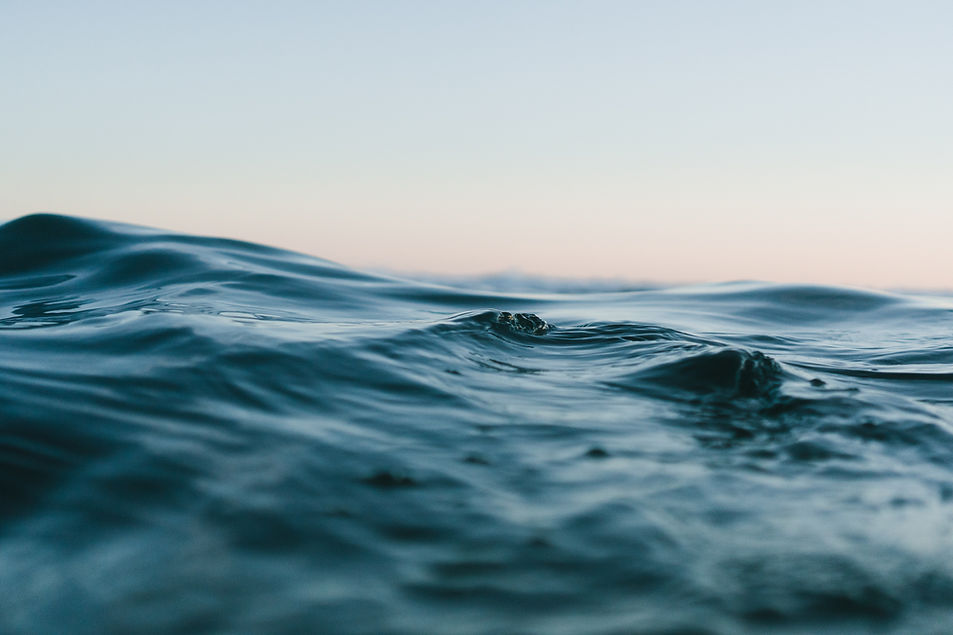
OSTEOPATHY

ABOUT ANIMAL OSTEOPATHY
Animal osteopathy is a branch of veterinary medicine that emphasises a holistic approach, in order to prevent, diagnose and manually treat dysfunctions in the mobility of body tissues which may alter the state of health.
This hands-on approach aims to improve overall well-being by using precise adjustments to help the body’s capacity to heal and regulate itself by realising areas of strain and tensions and removing obstacles that impede recovery.
The unity of the body is represented by the interrelation that exists between all its parts. A malfunction in one of its components can lead to an imbalance in the entire body. Osteopathy looks beyond the presenting symptoms to find the root cause of the issue. This allows the body to find a state of balance and restore health across all body systems including: muscles, bones, joints, nerves, blood vessels and fascia.
HOW OSTEOPATHY CAN HELP YOUR PET
-
Overall well-being and preventative care.
-
Performance optimisation and avoid sport injuries.
-
Correct postural imbalances and gait problems (e.g. short or uneven steps, lameness, unwilling to move, difficulty jumping and going up and down stairs).
-
Relieve muscle tension, soreness and enhance muscle flexibility (e.g. muscular problems such as stiffness, spasms and atrophy).
-
Aid rehabilitation after trauma, accident or injury.
-
Help to recover from acute pain and manage chronic conditions.
-
Assist dogs with orthopaedic problems (e.g. hip dysplasia, herniated discs, cruciate ligament injury, luxating patella).
-
Pre and post surgery : speeding up the recovery process and limiting compensatory strains; help decrease inflammation and aid lymphatic drainage after surgery.
-
Restore optimal health across all body systems (e.g. disorders of the body systems: digestive, respiratory, cardiovascular, endocrine, urogenital or neurological).
-
Care for spinal complaints (e.g. back or neck soreness, disc problems, spondylosis, cervical vertebral instability).
-
Breeding and postpartum : improve the likelihood of conception; help to resolve any strains present, relieve pain and pregnancy-related discomfort.
-
Assist young animals adapting to growth related changes : support the body with development delays, movement issues and prevent difficulties with growth.
-
Geriatric dog care : support elderly animals to help improve their mobility and combat stiffness (e.g. arthrosis and other degenerative conditions associated with aging).


MEET YOUR ANIMAL OSTEOPATH
Justine Garnes graduated as an Osteopath with a Master's Degree at the British School of Osteopathy in 2010. In 2013, she qualified with a Diploma of Animal Osteopathy at the Animal Osteopathic Centre, UK. Since then she has treated a number of dogs, cats, goats, donkeys, alpacas and horses across homes and farms, also volunteering in India treating injured street dogs and livestock.
Justine has been fortunate enough to work in vets practices in the UK and Australia seeing a multitude of cases ranging from hip/elbow dysplasia, intervertebral disc disease, incontinence, paralysis, arthritis, cruciate ligament strains/tears and more.
FREQUENTLY ASKED QUESTIONS
-
What’s the difference between underwater treadmill and swimming?We provide a state-of-the-art underwater treadmill. While swimming can be a good cardiovascular workout and helps to increase the overall burn of calories, it is very difficult to modify and control swimming as an exercise in general. As a result, it’s challenging to use swimming for broad-scale rehabilitation. An underwater treadmill allows the therapist to assess and assist the patient when required.
-
Do I need a veterinary referral?We recommend to always check with your veterinary practitioner before commencing hydrotherapy and any post surgical or musculoskeletal conditions will require a referral. For any general problems such as weight loss, arthritis, mobility in senior dogs or conditioning, a referral is not required but please discuss with us prior.
-
What do I need to bring?We supply some tasty treats but if your dog has any dietary requirements or has a favourite snack or toy, please bring them with you. We also recommend bringing a towel for the way home. We will towel dry your dog after each session but some dogs with thick or long fur may hold extra water. Always have your dog on a lead or harness that you don’t mind getting wet! Please do not exercise your dog before your session but toileting is a must!
-
What if my dog doesn’t like water?Unlike swimming in open water, an underwater treadmill is a lot less confronting. Even so, our experienced hydrotherapists at Sea Wolf understand that some patients might need a little more time or support than your Portuguese Water Dog! We use proven techniques and positive encouragement to make the most of your session and most dogs can’t wait to come back!
-
What conditions are suitable for hydrotherapy?Orthopedic Cruciate surgery or injury Medial patella luxation surgery or conservative management Elbow dysplasia- conservative management, post-surgical management, arthritis management Hip dysplasia- conservative management, post-surgical management, arthritis management Shoulder instability Fracture repair Arthritis Spondylosis Polyarthritis Limb amputation Ligament repair Arthrodesis Senior pets with weakness, poor mobility Neurological IVDD- surgical or conservative management FCE Degenerative myelopathy Polyradiculoneuritis Polyneuropathy Wobblers Degenerative neurological conditions Brachial plexus injury
-
Conditions that are NOT suitable for hydrotherapy:Not all conditions are safe for hydrotherapy. Please consult with your veterinary practitioner for a referral and discuss with us prior to booking an appointment for any of the following: Infections or contagious conditions such as kennel cough, ear, eye or skin infections or gastric upsets A bitch in heat Open wounds Some heart or respiratory conditions Vestibular syndrome Moderate to severe epilepsy
_edited.png)